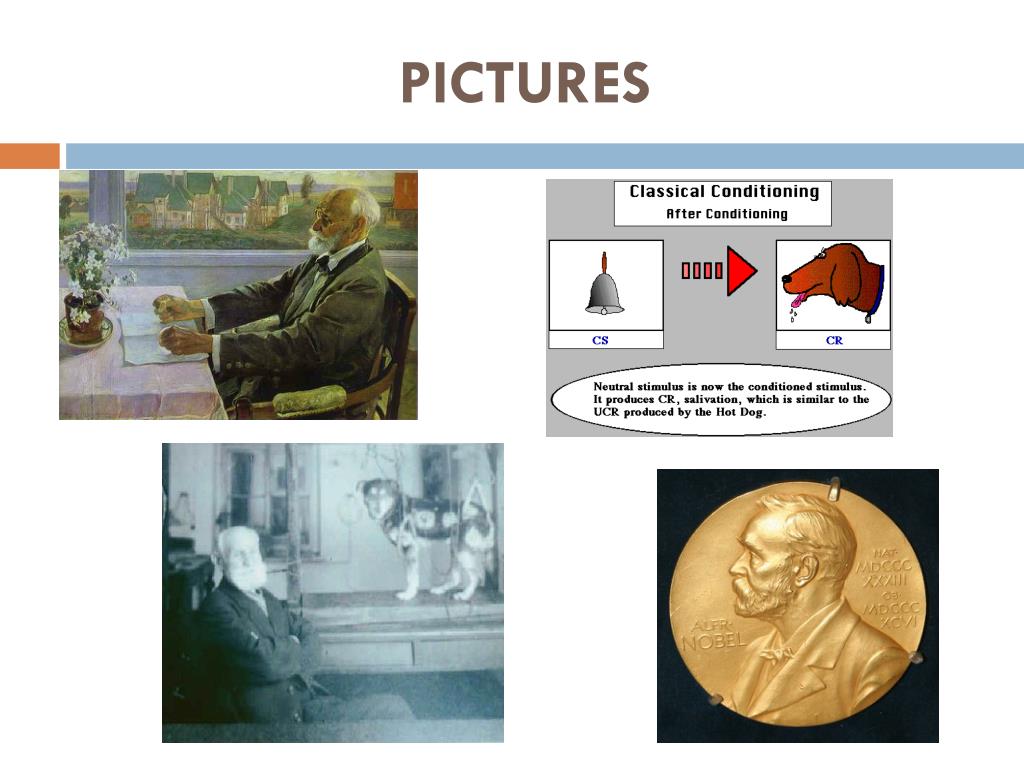
This is conditioned learning.Ĭonditioned learning is also accompanied by a generalization of the experience. This combination is repeated again and again and ultimately the learning of the “cue-stimulus” is established. In this the thing to be learnt is termed as, ‘cue stimulus,’ and this is then followed by a satisfying stimulus. This controlled learning is the conditioned learning. If we can control this anticipatory adjustment we can also control learning. Unless this organic pattern takes place within, no real learning can appear.

Thirdly, it determines “the mindset” or “organic pattern of readiness”. Secondly, it is the active desires that sets the goal and makes the organism strive. Importance of anticipatory adjustment is very great because, firstly, it is the foundation of all voluntary behaviour. It becomes complete when the object of hunger is obtained. For example, hunger function of the stomach etc., are the organic behaviour with a gap and so incomplete. According to this viewpoint learning is ‘formation of conditioned reflexes’ or “acquisition of involuntary anticipatory adjustment” or “a habit formation”, so that behaviour may become automatic.īy “anticipatory adjustment” he means “organic behaviour” which is “not complete” but “with a gap in the whole equilibrium pattern”. “Behaviourism: The early years.” Bryn Mawr College, 1997.This is learning from the behavioristic viewpoint. “Conditioned emotional reactions.” Classics in the History of Psychology. “Psychology as the behaviorist views it.” Psychological Review, vol. “Can behaviorism still apply in the face of overwhelming opposition?” Personality Research, 1998. “Conditioned reflexes: An investigation of the physiological activity of the cerebral cortex.” Classics in the History of Psychology, 1927. “Skinner – operant conditioning.” Simply Psychology, 2018. Watson really ‘found’ behaviorism?” The Behavior Analyst, vol. “What is classical conditioning? (And why does it matter?)” Scientific American, 2012. “Differences between classical and operant conditioning.” 2015.

“How will I apply behaviorist philosophy in the classroom?” Seattle Pi. “What is behaviorism?” In Understanding Behaviorism: Behavior, Culture, and Evolution, Third Edition, John Wiley & Sons, Inc., 2017.


Mentalist observations were considered too subjective by the behaviorists, as they differed significantly among individual researchers, often leading to contradictory and irreproducible findings. In mentalism, the mind is studied by analogy and by examining one’s own thoughts and feelings-a process called introspection. Operant conditioning is still seen in classrooms today, though behaviorism is no longer the dominant way of thinking in psychology.īehaviorism emerged as a reaction to mentalism, a subjective approach to research used by psychologists in the latter half of the 19th century.This can be done through positive or negative reinforcement, or punishment. In operant conditioning, an animal or human learns a behavior by associating it with consequences.This type of conditioning involves involuntary responses, such as biological responses or emotional ones. In classical conditioning, an animal or human learns to associate two stimuli with each other.Skinner, who are associated with classical conditioning and operant conditioning, respectively. Behaviorism’s influential figures include the psychologists John B.Behaviorism is the theory that human or animal psychology can be objectively studied through observable actions (behaviors), rather than thoughts and feelings that cannot be observed.


 0 kommentar(er)
0 kommentar(er)
